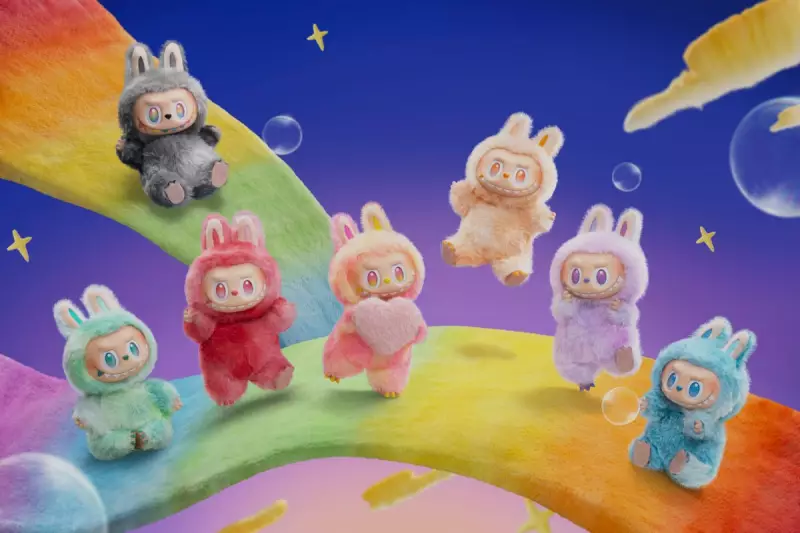
In the bustling streets of Shanghai and Beijing, a quiet revolution has been taking place – one led not by politicians or activists, but by wide-eyed, pointy-eared creatures called Labubu. These whimsical designer toys, created by Hong Kong artist Kasing Lung for Chinese company Pop Mart, have become nothing short of a cultural phenomenon.
The Blind Box Boom
Pop Mart's ingenious business model combines the thrill of gambling with the joy of collecting. Their signature 'blind boxes' – mystery packages containing random figurines from a series – have proven irresistibly addictive to millions. For about £9, collectors get the chance to own one of these highly stylized vinyl figures, with rare 'hidden' versions driving frenzied trading among enthusiasts.
From Niche to Mainstream
What began as a niche hobby among Asian youth has exploded into a global trend. Pop Mart now operates over 350 stores across China and has expanded into international markets including the UK, US and Australia. The company's 2020 Hong Kong IPO valued it at $6.8 billion – a staggering figure for a business built on selling cute plastic figures.
The Art Behind the Hype
Labubu's success lies in its perfect blend of street art aesthetic and mass appeal. Artist Kasing Lung's distinctive style – equal parts cute and slightly unsettling – has drawn comparisons to Western artists like Kaws. Each series tells a story, from flower fairies to zombie boys, creating narrative depth that keeps collectors coming back for more.
Cultural Impact
These aren't just toys – they've become status symbols among China's young urbanites. Social media platforms like Xiaohongshu (China's Instagram equivalent) are flooded with unboxing videos and collection displays. The craze has even spawned dedicated trading platforms where rare pieces sell for hundreds of pounds.
As Pop Mart continues its global expansion, one thing is clear: in an increasingly digital world, the tactile pleasure of collecting physical objects still holds powerful appeal. Labubu may look like a simple toy, but it represents something much bigger – China's growing influence in global pop culture and the enduring human love for storytelling through objects.





